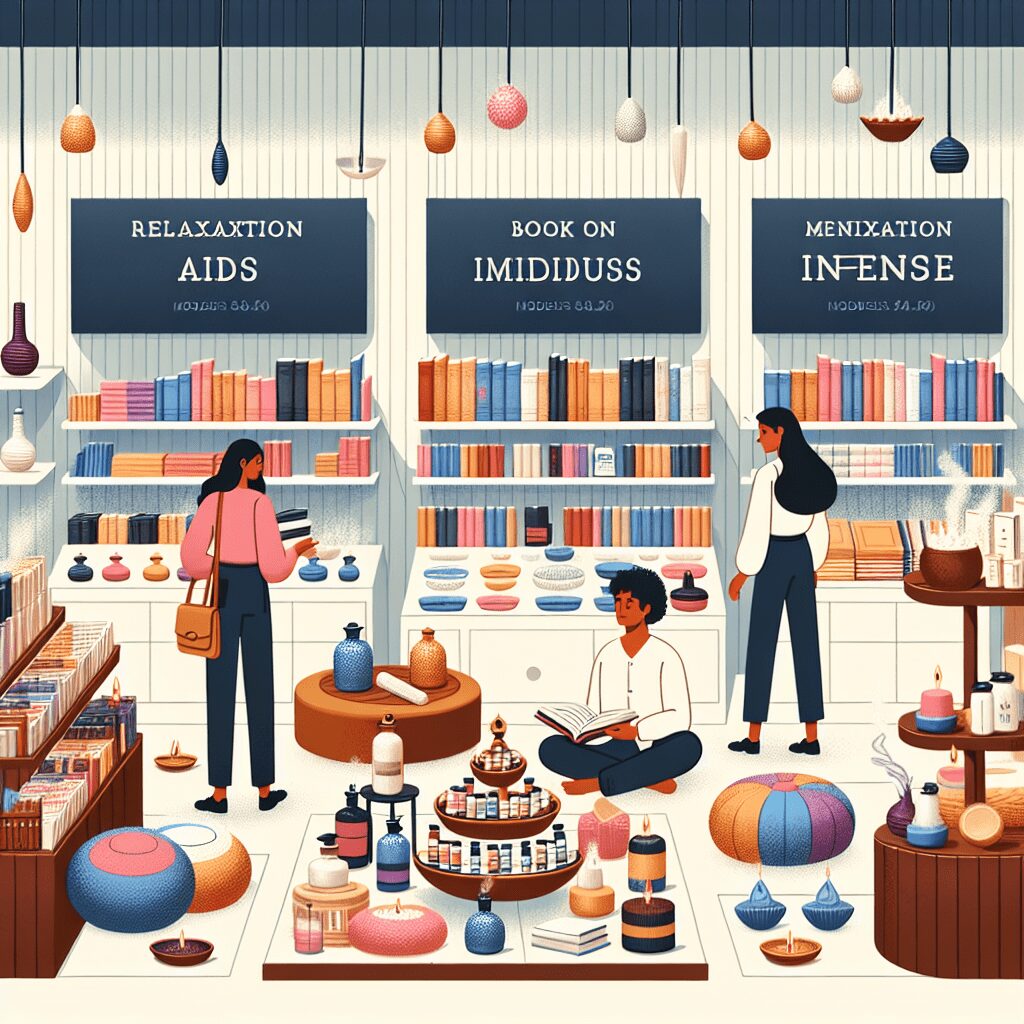
Prioritize your mental well-being daily. Enhance your life by nurturing your mental health with the Smart Meditation app. Break free from stress, alleviate anxiety, and enhance your sleep quality starting today.
Is Anxiety Bad?
Untangling the Anxiety Web: A Surprising Look at Its Roles and Revelations
In the hustle and bustle of modern life, where the pace often feels like it’s set to fast-forward, anxiety seems to have cemented its place as a constant companion for many. The mere mention of the word can evoke feelings of discomfort, worry, and unease. Yet, is anxiety entirely the villain it’s often made out to be? Let’s delve into the nuanced landscape of anxiety, separating the chaff from the wheat, and uncovering the surprising roles it plays in our lives.
The Dual Faces of Anxiety
At its core, anxiety is a natural human response to perceived threats or stressors, woven into the very fabric of our survival instincts. This emotional response gears us up, ensuring we’re alert and ready to face challenges. However, just like anything in life, too much of a good thing can tip the balance from helpful to harmful.
The Bright Side of the Moon: Adaptive Anxiety
Believe it or not, anxiety isn’t all doom and gloom. In measured doses, it’s akin to a motivational speaker living in your head, nudging you to prepare for that big presentation or to double-check the doors are locked at night. Here’s how it can be a boon:
- Boosts Performance: Ever heard of the Yerkes-Dodson law? It suggests that there’s a sweet spot for stress levels that can enhance our performance. A little bit of anxiety keeps us on our toes, improving focus and efficiency.
- Promotes Problem-Solving: Anxiety can be a catalyst for action, compelling us to address problems head-on rather than sweeping them under the rug.
- Enhances Empathy: Experiencing anxiety can make us more attuned to others’ emotions, fostering empathy and understanding.
Entering the Storm: When Anxiety Overwhelms
On the flip side, when anxiety overstays its welcome, it morphs from a helpful ally into a formidable foe. Here’s what happens when the scales tip:
- Impairment in Daily Functioning: Excessive worry can seep into every nook and cranny of life, making it hard to concentrate, relax, or even enjoy the moment.
- Physical Health Toll: Chronic anxiety doesn’t just wear down the mind; it can take a significant toll on the body, from increased heart rate to digestive issues.
- Social Isolation: High levels of anxiety can lead to avoidance behaviors, making it challenging to maintain relationships or engage in social activities.
Navigating Through the Fog of Anxiety
Recognizing the Janus-faced nature of anxiety is the first step toward managing it effectively. Here are a few strategies to keep anxiety in its helpful place, ensuring it serves rather than hinders:
- Mindfulness and Meditation: Engaging in mindfulness practices can help ground you in the present moment, reducing the spiral of worry.
- Physical Activity: Exercise is a powerful antidote to anxiety, releasing endorphins that act as natural stress relievers.
- Seeking Support: Whether it’s talking to a trusted friend or consulting a mental health professional, getting external perspectives can be invaluable.
In conclusion, anxiety is a complex, multifaceted phenomenon that defies blanket labels like “good” or “bad.” Its value in our lives hangs in the delicate balance between motivation and malaise. By understanding and respecting its dual nature, we can harness its positive aspects while mitigating the negatives, leading to richer, more resilient lives. So, before you write off anxiety as a mere troublemaker, remember its potential to be a teacher, guide, and, surprisingly, even a friend.





